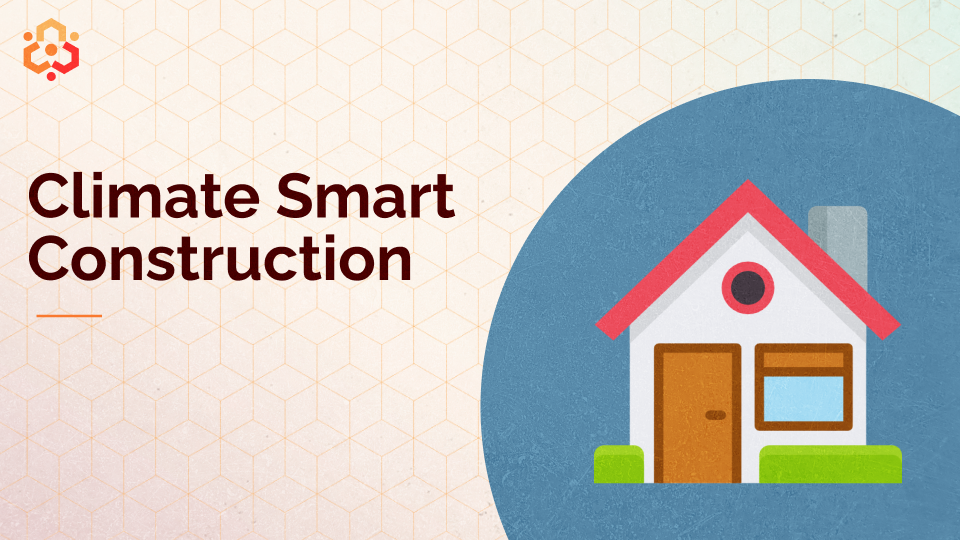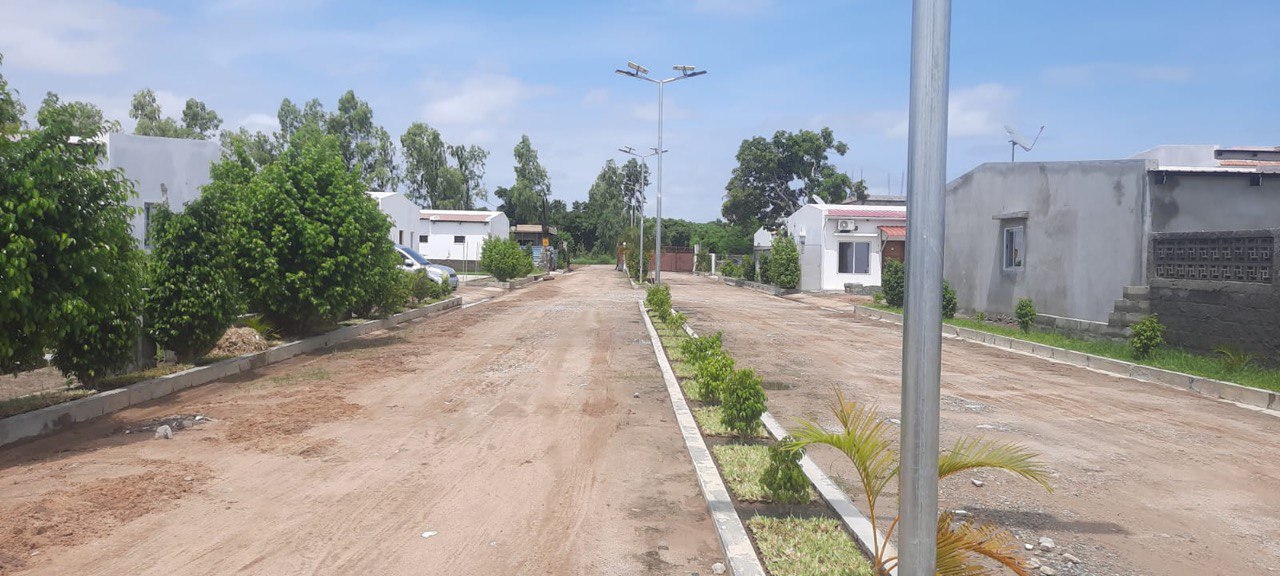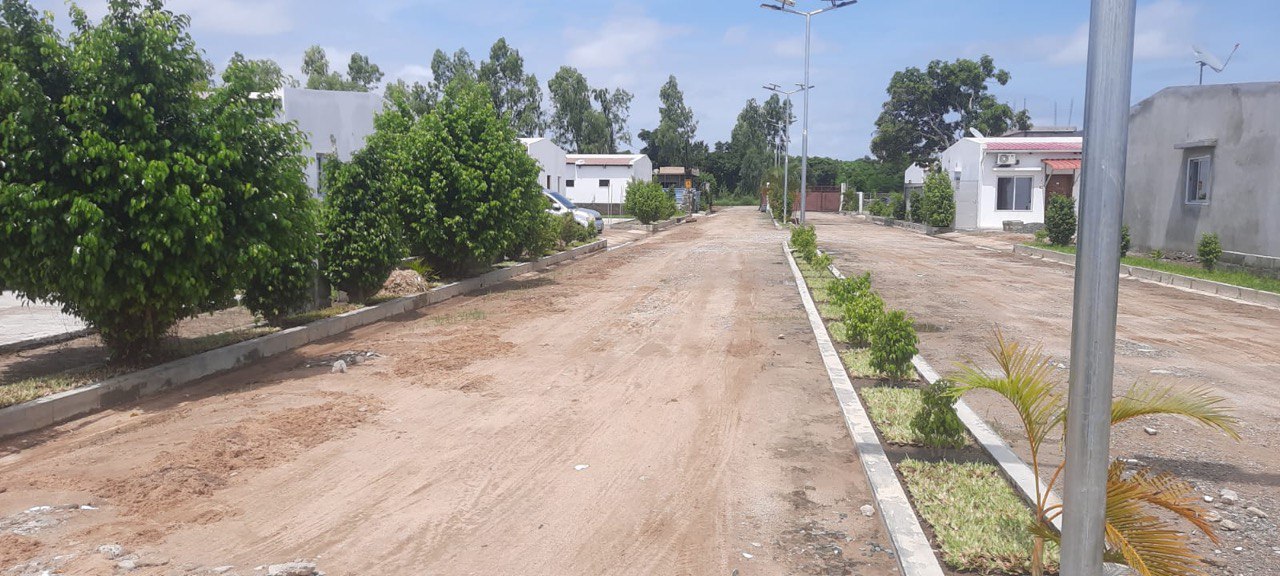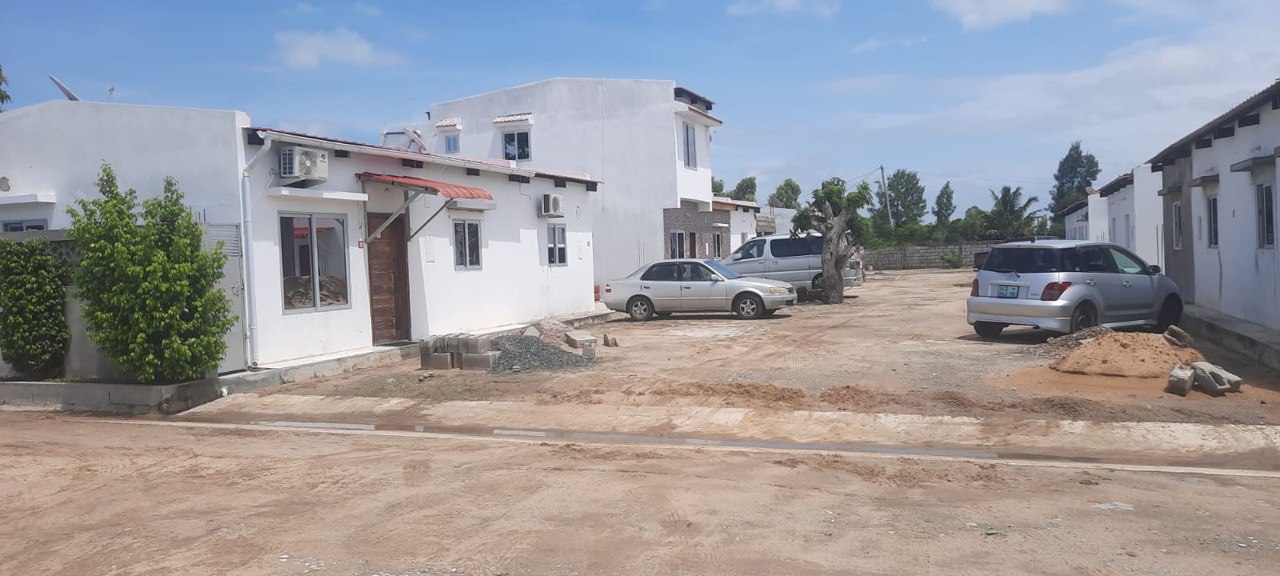
The Empowa team has always stressed the importance of climate smart construction. The term “climate smart” refers to both the environmental impact of construction as well as how the building is designed to respond to natural disasters. In practice, this means designing and building structures that are resilient to the changing weather patterns and natural disasters caused by climate change.
Sadly as one of the most climate impacted places on earth, Beira, Mozambique experiences almost annual cyclones and tropical storms. Last week Mozambique was once again hit by a severe tropical storm (Tropical Cyclone Freddy), with Beira receiving exceptional rainfall. This resulted in devastating effect on the city as seen in the news report below.
With the rise of natural disasters such as hurricanes, floods, and wildfires, it is more important than ever to ensure that buildings and infrastructure are designed to withstand the impacts of these events.
The Effects of Natural Disasters
Natural disasters are becoming increasingly common due to climate change, and the impact of these events can be devastating. Cyclones can cause widespread damage, flooding can destroy homes and businesses. The financial cost of these disasters is enormous, with billions of dollars spent on relief efforts and rebuilding.
For those living in low-quality self-built homes, which are all too common in most of Africa including Mozambique, storms like the one that ravaged Mozambique result in a loss not only of their home but all their belongings. Sadly unlike in more developed economies, these families can not fall back on insurance or government support to help with recovery or rebuild. Charitable funds are usually only reaching a small portion of those affected.
The human cost of these events is also significant. Natural disasters can cause injury and death, and can also result in the displacement of large numbers of people. The emotional toll of these events can also be severe, with many people experiencing trauma and stress as a result.
Climate Smart Construction
One of the most effective ways to reduce the impact of natural disasters is to ensure that buildings and infrastructure are designed to withstand these events. Climate smart construction involves using building materials and techniques resistant to nature’s increasing forces. In addition, it also requires careful review and consideration in choosing the location of a housing development.
Below is a video from our local partner’s housing site in Beira Mozambique, the video shows heavy rainfall preceding the storm, while the pictures show the site once the rains had stopped. What is clear is how well the onsite drainage and climate-resilient home construction have dealt with the excessive rainfall.
The Benefits of Climate Smart Construction
There are many benefits to using climate smart construction techniques. By designing buildings that are resilient to natural disasters, we can reduce the damage caused by these events, which in turn reduces the financial burden on those most impacted.
Research by the World Bank shows that for every dollar invested in infrastructure strengthening beforehand, $10 can be saved in reconstruction efforts later. Additionally, buildings that are designed to withstand natural disasters can provide shelter and safety for people during and after these events.
Furthermore, incorporating green building techniques into climate smart construction can have a positive impact on the environment. For example, green roofs and walls can help reduce the urban heat island effect and improve air quality, and most importantly, reduce carbon emissions.
Conclusion
Natural disasters are becoming increasingly common due to climate change, and it is more important than ever to ensure that buildings and infrastructure are designed to withstand these events. Climate-smart construction techniques can help reduce the impact of natural disasters and can provide numerous benefits for people and the environment. As we continue to face the challenges of climate change, it is crucial that we prioritize climate smart construction, particularly for those most climate impacted, to ensure a sustainable future for all.








